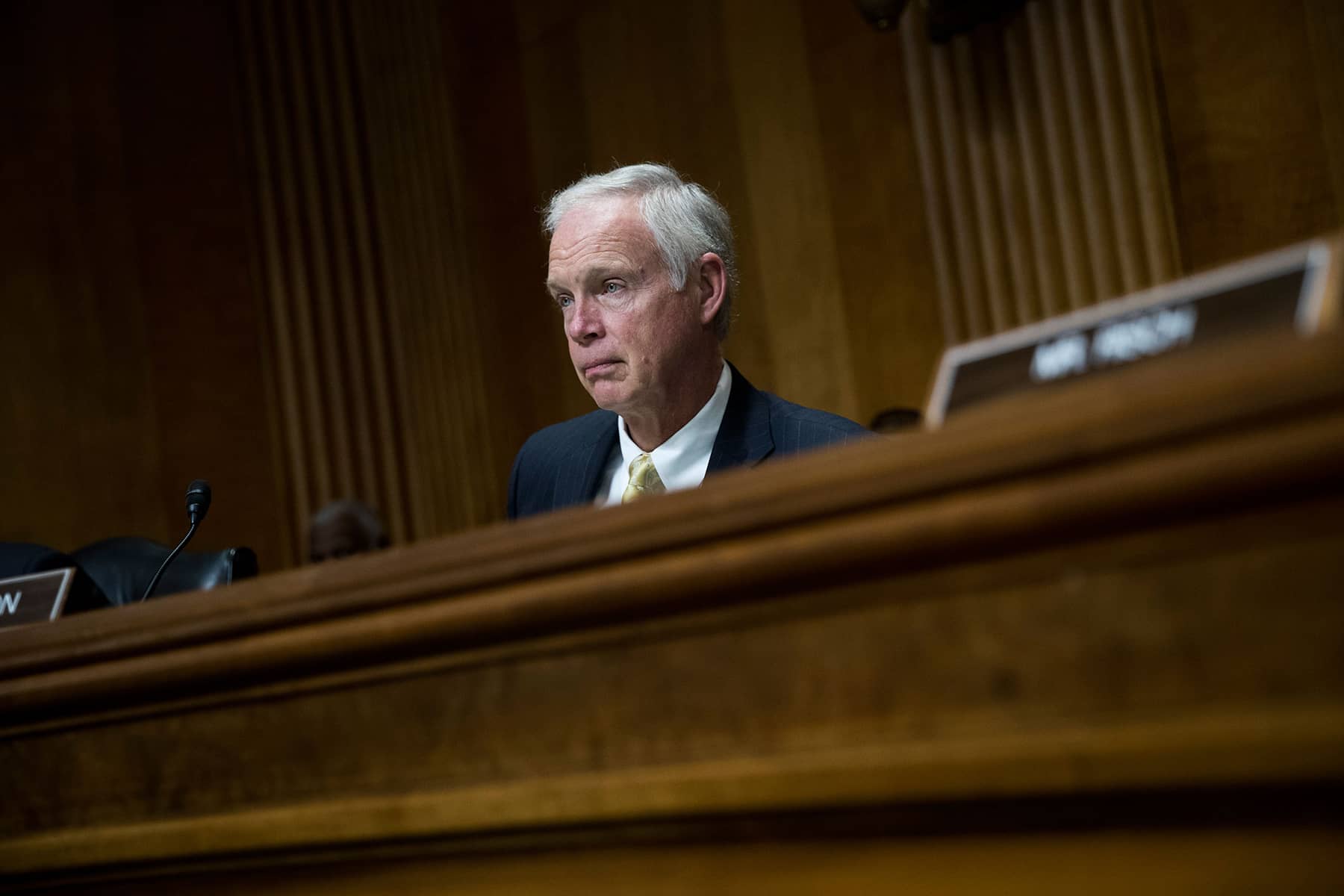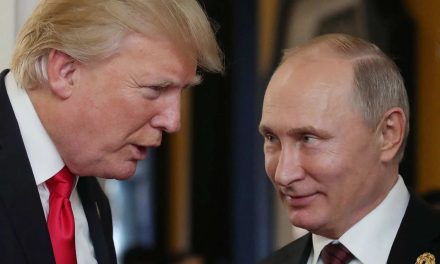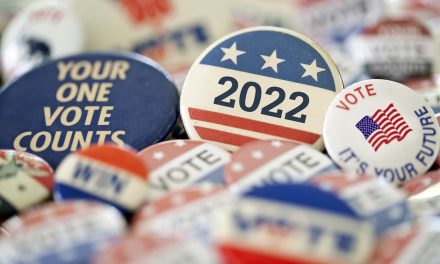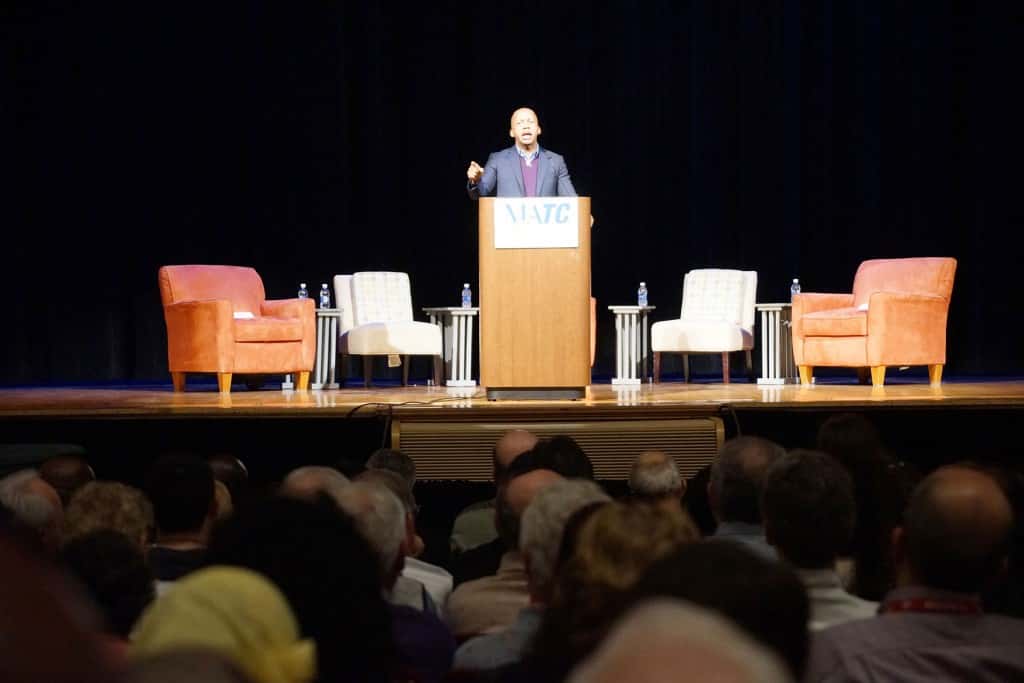
We recently learned from the January 6th hearings that Wisconsin Republican Senator Ron Johnson tried to hand a phony slate of electoral votes from Michigan and Wisconsin to Vice President Mike Pence just before the election was certified on January 6.
How did a corrupt senator even find himself in a position where he could have handed two pieces of paper to the Vice President that would have changed the outcome of our presidential election? The Electoral College.
The Electoral College:
- Sucks. It causes political strategies that make national elections turn on a handful of states, which increase the power of outside influencers.
- The Framers of the Constitution thought it would protect us from getting a president like Trump.
- It has failed in that and everything else: it is time to replace it.
- There is a way to accomplish it and that is possible and about half done.
The core issue at the center of the January 6th hearings has nothing to do with who won or lost the vote in 2020: nobody disputes that Trump lost by almost 7 million votes. Just like he lost in 2016 by almost 3 million votes.
Instead, it is about the Electoral College.
For example, Trump tried to get Brad Raffensperger in Georgia to “find” 11,780 votes so the entire batch — 100% — of Georgia’s Electoral College votes would go to him. In Georgia and six other states, Trump and his co-conspirators helped a small group of corrupt Republican officials create phony certifications of Electoral College votes.
Both George W. Bush and Donald Trump lost their elections in 2000 and 2016; both became president because of the Electoral College. Bush lost by 500,000 votes; Trump lost 2016 by 3 million.
There is a lot of confusion and misunderstanding about the Electoral College, particularly because since the Reagan Revolution public schools have largely quit teaching civics – the trend has recently reversed, but we are way down.
The electoral college was not put in place so that a president and vice president could corrupt the government and turn the nation’s policies over to foreign oligarchs, as the Trump/Pence administration did repeatedly with Saudi Arabia, Russia, and China. If anything, it was the opposite.
America’s Founders and Framers thought they could use the Electoral College to prevent somebody like Donald Trump from ever becoming president. Unfortunately, they were wrong, and now we are paying the price.
Given how the Electoral College has not protected us from getting a president beholden to a (or multiple) foreign power(s) as president, it is time to do away with it.
In America we do not vote directly for president like we do for the Senate or House; instead, we vote for “electors” who cast their vote for the president.
While the Constitution says that individual state legislatures can decide which electors to send to DC for the election – the basis of John Eastman’s scheme, every state in the country has put into place law that gives their electoral votes to whoever won the popular vote – Nebraska and Maine split their states up, but the principle is the same.
Most people have a pretty limited understanding of the Electoral College, but they know that it works against the democratic notion of the public electing its chief executive. There are organizations and a smattering of political figures who say as much. Recent polling indicates this, too.
What is not as well understood is the history of why it was chosen as the way to select a president.
It is often said that the Electoral College was brought into being to perpetuate or protect the institution of slavery, and, indeed, during the first half-century of America, it gave the slave states several presidents who would not have been otherwise elected.
This is because there is one elector in the College for every member of the House and Senate (and three for the District of Columbia). When the three-fifths compromise was in effect (until just after the Civil War), slave states had more members in the House of Representatives than the size of their voting public “deserved.”
This is why when Madison proposed the Electoral College, the Framers seized on it as a compromise/solution after weeks of drawn-out and often angry debate on how to select a president.
But, according to the Framers of the Constitution themselves, the real reason for the Electoral College was to prevent a foreign power from placing their stooge in the White House.
Today we are horrified that Donald Trump was dancing to the tunes of Vladimir Putin and Mohammed bin Salman throughout his presidency, putting their interest above those of our country. Equally disgusting is the reality that their money and other efforts, including hacking the DNC and fielding an army of social media trolls, helped him get elected in 2016.
It is shocking, something we never even took seriously when, for example, the movie “Manchurian Candidate” came out back in 1962. What a cute idea for a movie, we thought; that could never happen here.
But this was actually a big deal for the founding generation. One of the first questions of any candidate for president during that era was, “Is he beholden in any way to any other government?”
At the time of the Declaration of Independence, it is estimated that nearly two-thirds of all citizens of the American colonies favored remaining a British colony – Jimmy Carter’s novel “The Hornet’s Nest” is a great exploration of this; there were spies and British loyalists everywhere, and Spain had staked out their claim to the region around Florida while the French were colonizing what is now Canada and Louisiana. Foreign powers had us boxed in.
In 1775, the year the Revolutionary War unofficially started, virtually all of the colonists had familial, friendship, or business acquaintances with people whose loyalty was suspect or who were openly opposed to American independence.
It was rumored that Ben Franklin was working as a spy for British intelligence (and, it turns out, evidence shows he was, only against France when he lived in Paris). Federalists, in particular, were wary of Franklin’s “internationalist” sentiments.
Jefferson was living in France when the Constitution was being written, and his political enemies were, even then in 1787 (it got much louder around the election of 1800), whispering that he had, at best, mixed loyalties. In response, he felt the need to protest to Elbridge Gerry that, “The first object of my heart is my own country. In that is embarked my family, my fortune, and my own existence.”
When John Adams famously defended British soldiers who, during an anti-British riot on March 5, 1770, shot and killed Crispus Attucks and four others, he was widely condemned for being too pro-British, an issue that recurred in 1798 when, as president, Adams pushed the Alien and Sedition laws through Congress over Vice President Thomas Jefferson’s loud objections.
British Spy Gilbert Barkley wrote to his spymasters in London that Quakers and many other Americans considered Adams an enemy to his country.
When Adams blew up the XYZ Affair and nearly went to war with France that year, it was rumored among his political opponents that he was only doing it to solidify his “manly” and “patriotic” credentials. Historian and author John Ferling in his book A Leap in the Dark: The Struggle to Create the American Republic notes that Adams’ anti-British rhetoric worked at changing the perception of him:
“By mid-1798 he was proclaimed for his ‘manly fortitude,’ ‘manly spirited’ actions, and ‘manly independence.’”
And after the Revolutionary War, the nation was abuzz about one of that war’s most decorated soldiers, Benedict Arnold, once considered a shoo-in for high elected office, selling out to the British in exchange for money and a title.
So it fell to a fatherless man born in Bermuda to explain to Americans that the main purpose of the Electoral College was to make sure that no agent of a foreign government like Trump would ever become president.
Back then, America was so spread out it would be difficult for most citizen/voters to get to know a presidential candidate well enough to spot a spy or traitor, Alexander Hamilton explained in Federalist 68. Therefore, the electors — having no other governmental duty, obligation, or responsibility — would be sure to catch one if it was tried.
“The most deadly adversaries” of America, Hamilton wrote, would probably “make their approaches [to seizing control of the USA] from more than one quarter, chiefly from the desire in foreign powers to gain an improper ascendant in our councils.”
Influencing public opinion or owning a senator was nothing compared to having their man in the White House. As Hamilton wrote:
“How could they better gratify this, than by raising a creature of their own to the chief magistracy [presidency] of the Union?”
But, Hamilton wrote, the Framers of the Constitution “have guarded against all danger of this sort, with the most provident and judicious attention.”
The system they set up to protect the White House from being occupied by an agent of a foreign government was straightforward, Hamilton bragged. The choice of president would not “depend on any preexisting bodies of men, who might be tampered with beforehand to prostitute their votes.”
Instead, the Electoral College would be made up of “persons [selected] for the temporary and sole purpose of making the appointment.”
The electors would be apolitical because it would be illegal for a senator or member of the House of Representatives to become one, Hamilton wrote:
“And they have excluded from eligibility to this trust, all those who from situation might be suspected of too great devotion to the President in office. No senator, representative, or other person holding a place of trust or profit under the United States, can be of the numbers of the electors.”
This, Hamilton was certain, would eliminate “any sinister bias.”
Rather than average but uninformed voters, and excluding members of Congress who may be subject to bribery or foreign influences, the electors would select a man for president who was brave of heart and pure of soul.
“The process of election [by the Electoral College] affords a moral certainty,” Hamilton wrote, “that the office of President will never fall to the lot of any man who is not in an eminent degree endowed with the requisite qualifications.”
Indeed, while a knave or rogue or traitor may fool enough people to even ascend to the office of mayor of a major city or governor of a state, the Electoral College would ferret out such a traitor.
Hamilton wrote:
“Talents for low intrigue, and the little arts of popularity, may alone suffice to elevate a man to the first honors in a single State; but it will require other talents, and a different kind of merit, to establish him in the esteem and confidence” of the men in the Electoral College who would select him as president “of the whole Union…”
Hamilton’s pride in the system that he himself had helped build was hard for him to suppress. He wrote:
“It will not be too strong to say, that there will be a constant probability of seeing the station filled by characters preeminent for ability and virtue.”
Unfortunately, things have not worked out that way.
Because of the three-fifths compromise that gave more electors to the slave states than their voting population would indicate, the Electoral College handed the White House to four Virginia slaveholders among our first five presidents.
Since that compromise was eliminated with the end of the Civil War and ratification of the 13th Amendment, nonetheless the Electoral College continues to wreak mischief by putting George W. Bush and Donald Trump into the White House after both lost their respective elections.
Hamilton never envisioned a day when a man so entangled in financial affairs with foreign governments as is Donald Trump could even be seriously considered, because, in his mind, the electors would carefully investigate the candidate. That hasn’t happened in over a century, so, by his standards, the electors totally failed in their job in the 2016 election.
The Electoral College was a compromise designed to keep the president above political considerations, and sold to the public as a way to prevent an agent (witting or unwitting) of a foreign power from becoming president. It has failed on both counts.
And it was never intended to allow the vice president to manipulate it in a way that reverses the outcome of a free and fair election.
Through the arc of time since her founding, America has constantly — albeit in fits and starts — expanded democracy. From expanding the vote to include racial minorities and women, to amending the Constitution to allow for citizens to vote for U.S. senators rather than having them appointed by often-corrupted state legislatures, average citizens of all races and genders have been brought into the decisions around who will lead us.
But in the past two decades, the Electoral College has brought us two presidents – George W. Bush, who lost the popular vote by 500,000, and Trump, who lost by 3,000,000 – who were rejected by a majority of Americans. This is fundamentally undemocratic.
It is time to take another step forward in fine-tuning our republic and abolish the Electoral College.
The most straightforward way would be to amend the Constitution, but that requires a super-majority in both the House and Senate and approval of 3/4ths of the states. That’s not going to happen any day soon.
Another path is for enough states to equal 270 Electoral College votes to commit to pledge all of their College votes to whoever wins the popular vote. This is called the “National Popular Vote” option, and so far enough states have signed onto it to represent 175 College votes: 75 more “votes” are needed for it to go into effect. You can check if your state needs to join the interstate compact at: www.nationalpopularvote.com.
But first, now that it is so clear Trump was criminally trying to manipulate the badly misunderstood Electoral College system to change America from a democracy into a dictatorship with him in charge, it is important that we work to change it, and put Donald Trump and Ron Johnson in prison.
Drеw Аngеrеr
© Thom Hartmann, used with permission. Originally published on The Hartmann Report as How Ron Johnson Almost Got Away with Treason
Subscribe to The Hartmann Report directly and read the latest views about U.S politics and other fascinating subjects seven days a week.














